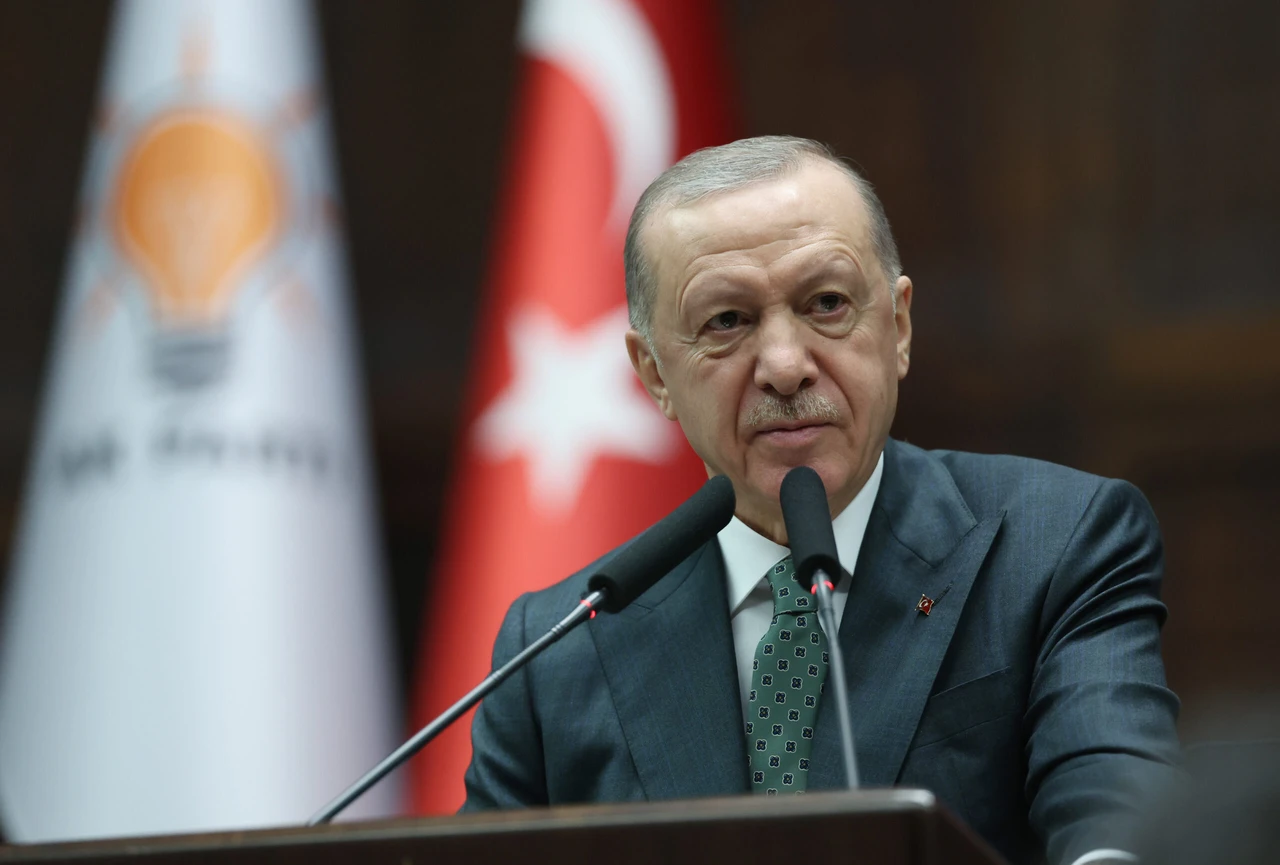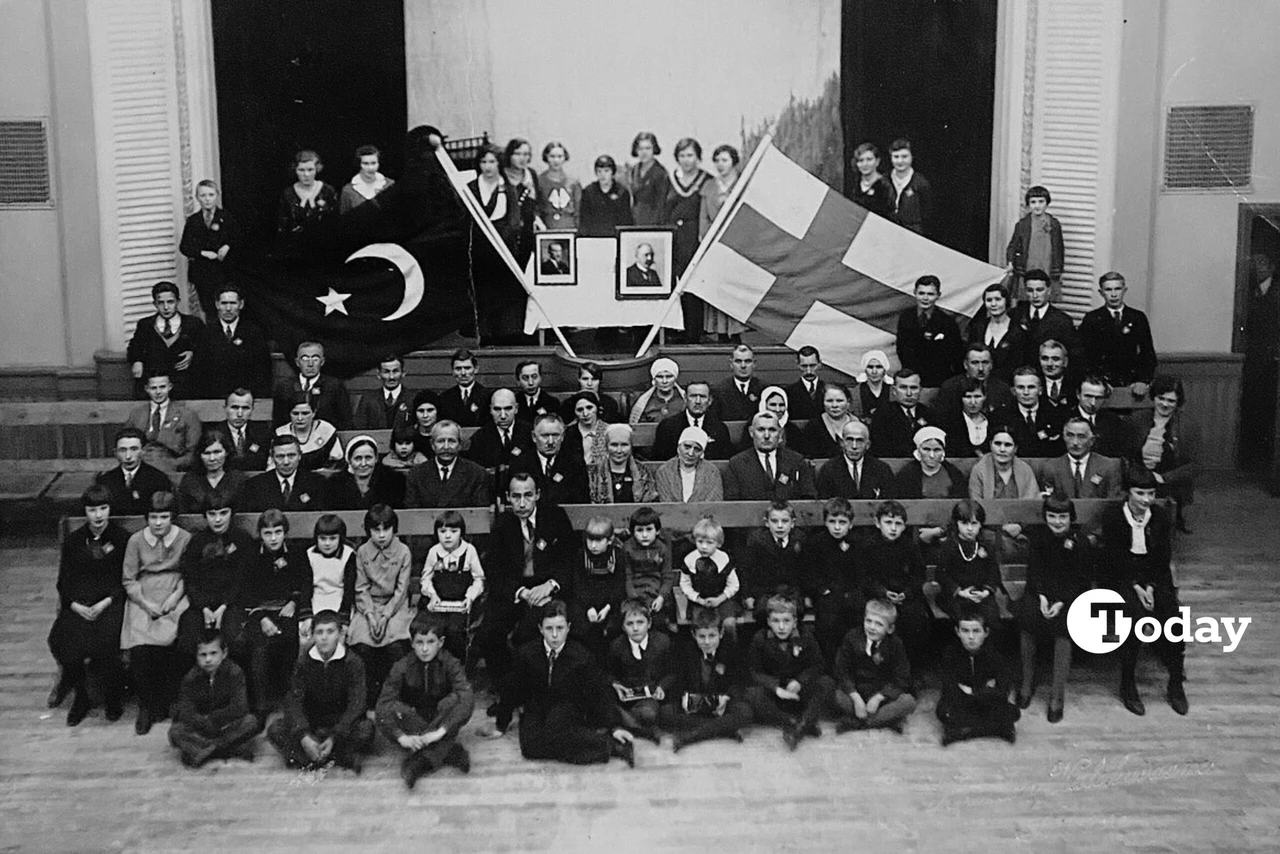Crime rates surge: Türkiye tops Europe in organized crime
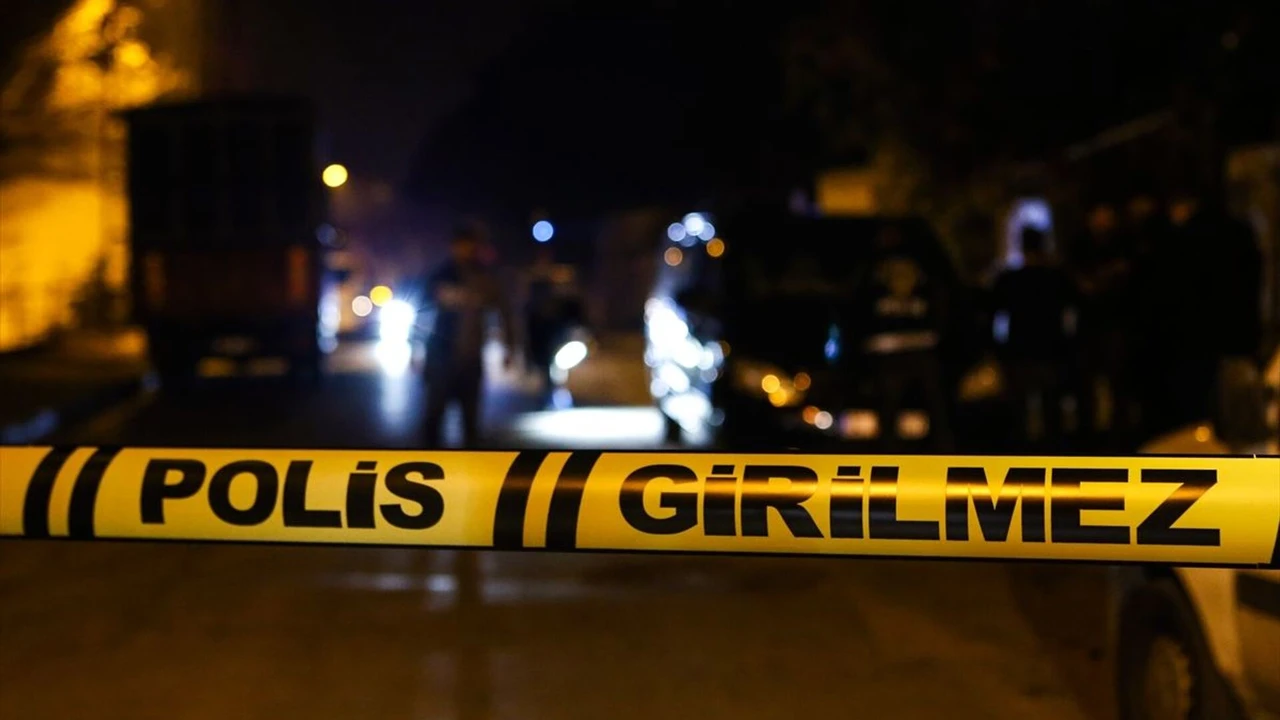 Türkiye has become the leading country in Europe for organized crime. (Photo via Hurriyet)
Türkiye has become the leading country in Europe for organized crime. (Photo via Hurriyet)
Türkiye has become the leading country in Europe for organized crime, according to Bugra Gokce, president of the Istanbul Planning Agency (IPA).
The surge in crime rates across the nation has reached alarming levels, drawing attention both domestically and internationally.
Gokce shared these concerns on social media, highlighting Türkiye’s troubling position in the Global Organized Crime Report, where the country ranks first in Europe and 14th globally out of 193 countries.
His post pointed to several crime categories where Türkiye ranks worst in Europe, including human trafficking, smuggling, drug trade, financial crimes and the illicit trade of non-renewable resources.
These findings illustrate the country’s struggle with organized criminal networks, particularly in major cities like Istanbul and Ankara.
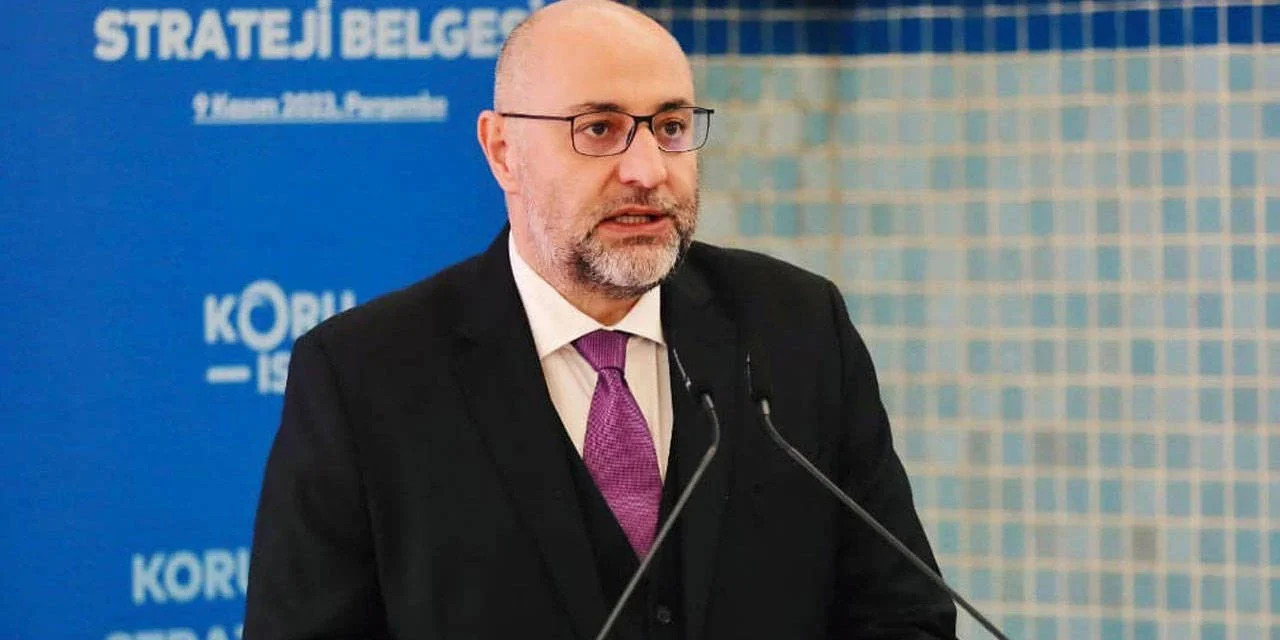
Alarming crime statistics: A national challenge
According to the Turkish Ministry of Justice, criminal cases have significantly increased over the past decade:
- Homicide cases rose from 100 in 2015 to 142 in 2023.
- Physical assault cases increased from 120 to 173 over the same period.
- Sexual assault, child abuse and drug-related crimes have also seen steep rises, with drug manufacturing and trafficking cases climbing to 173.
In 2023, Türkiye’s judicial system dealt with 5.18 million cases, but over 2.8 million were dismissed, indicating possible inefficiencies within the legal system.
Additionally, the total number of cases handled by prosecutors grew from 7.18 million in 2015 to 11.1 million in 2023, illustrating the mounting pressure on Türkiye’s legal institutions.
Türkiye also holds the unfortunate distinction of having the highest incarceration rate in Europe, with 408 prisoners per 100,000 people.
This figure far surpasses other countries in the region, such as Georgia (256) and Azerbaijan (244), and is starkly higher than Western European nations like France (106) and Germany (69).
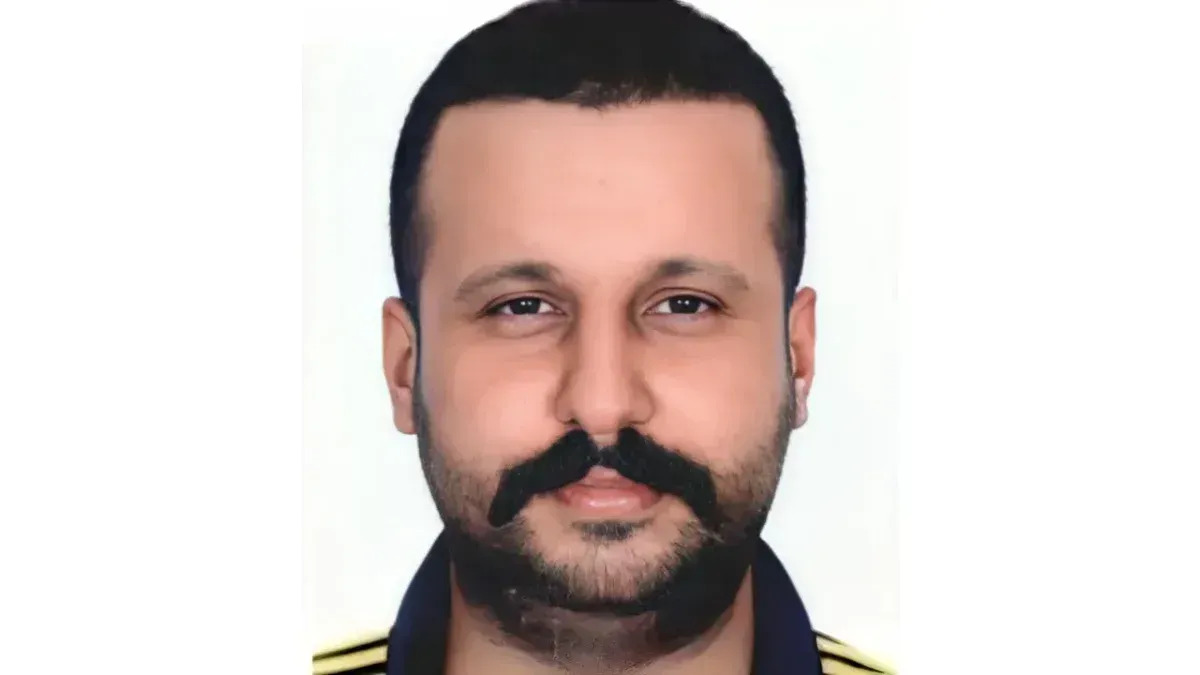
Why are crime rates rising?
Experts point to several factors driving the rise in crime rates across Türkiye. A key issue is the lengthy judicial process.
Slow trials, combined with perceived impunity and lenient sentencing, contribute to a growing sense of lawlessness. Some argue that discretionary amnesty laws erode deterrence, leading criminals to believe they can escape justice.
There is a widespread call for reforms to establish a more efficient, impartial and independent judiciary.
The need for quicker judicial decisions and more effective punishments has never been more urgent.
Many advocates believe that addressing these issues could reverse the troubling crime trends.
Broader context of mafia clashes, crime networks
Türkiye’s organized crime landscape is not a new phenomenon, as seen in previous analyses of mafia disputes and criminal networks.
Throughout the 2020s, violent clashes between rival crime groups have intensified, with prominent figures either assassinated or captured in high-profile raids.
The country’s geographical location – serving as a bridge between Europe and the Middle East – has made it a transit hub for narcotics and human trafficking.
While Turkish authorities have attempted to curb the influence of organized crime, these efforts face significant challenges because of deep-rooted corruption and cross-border smuggling operations.
Breaking down these networks will require regional cooperation and stricter enforcement policies.
As Türkiye grapples with this issue, both local and international observers are closely monitoring the government’s response to rising crime and its ability to restore trust in the justice system.
